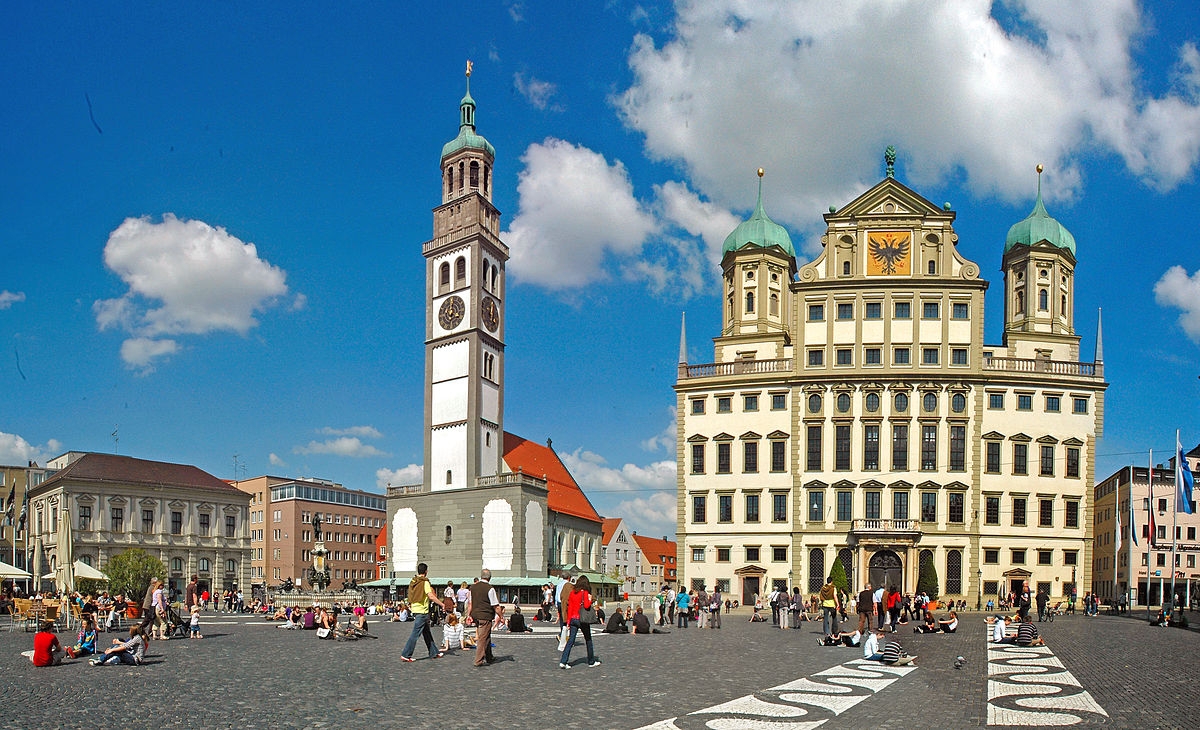Conference of the EU Project “Intercultural Education through Religious Studies” (IERS) in Augsburg
 Augsburg. – The partners of the EU LLP Comenius Project IERS, in which the Chair of History Didactics is involved, will meet from 26th to 29th April 2015 to hold their third conference at Augsburg University.
Augsburg. – The partners of the EU LLP Comenius Project IERS, in which the Chair of History Didactics is involved, will meet from 26th to 29th April 2015 to hold their third conference at Augsburg University.
The IERS Project, which is financed by the Lifelong Learning Programme of the European Union (Comenius Multilateral Projects), takes on the challenges for education policy posed by an increasingly multi-cultural and multi-religious Europe. At present, religious education at state schools in the European member states shows many different forms; but scientifically based, critically oriented, historically and interculturally structured learning in religious studies is still poorly developed. The project rationale is based on the conviction that an a-confessional, objective, high-quality teaching about history and the present state of religion supports the development of social, civic and intercultural competences educating towards a constructive and critical understanding of cultural and religious differences. The Chair of History Didactics at Augsburg University contributes its expertise in the qualitative evaluation of the Learning and Teaching Modules.
The IERS Project is a two-year initiative (December 2013 – December 2015) with two overlapping phases. The first project phase plans to create innovative teaching tools in form of digital modules combining information and communications technology with up-to-date academic findings from the studies of religions. The aim of the project is to create at least 20 digital modules categorised in three thematic blocks. These are:
- introductory modules on the methods of religious studies,
- introductory modules on the historically developed religions and
- modules on specific topics that deal with ‘religion’ as the driving force of human action and thought in historical as well as contemporary circumstances and social constellations.
An already concluded baseline study seeking to describe the current way of teaching about religion all over Europe completes this process of the first phase. The second phase of the project includes extensive pilot activities in which the digital modules are evaluated from the point of view of history didactics and tested in actual classes. Based on the feedback, an accompanying handbook is developed, which will also contain the analysis of the baseline study, a general introduction and additional information material.
The members of the project consortium are Università Ca’ Foscari Venezia (Italy) as project coordinator, École Pratique des Hautes Études (France), Syddansk Universitet (Denmark), Universidad de Salamanca (Spain), Oxfam Italia Intercultura (Italy) as well as Universität Augsburg (Germany). In addition to the didactical evaluation of the module concepts, the Chair of History Didactics at Augsburg University has also taken on the management of the distribution of the project results and the pilot phase, in which a range of schools from Italy, Denmark, France, Spain and Germany are involved.
The conference in Augsburg will focus on optimising the module development and digitalisation as well as on starting the practical module testing by the partner schools. So as to achieve a sustainable dissemination of the project results the agenda further includes the greater involvement of relevant stakeholder groups.
Contact (national):
Felix Petzold M.A.
Project manager (national) of the IERS Project (LLP)
Augsburg University
86135 Augsburg
Phone 0049(0)821-598-5554
Email: Felix.Petzold@phil.uni-augsburg.de
